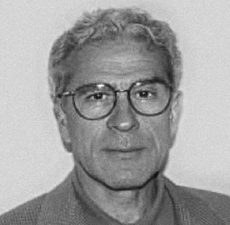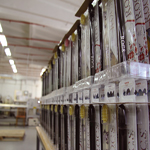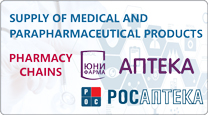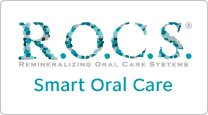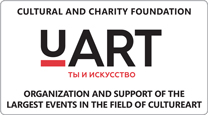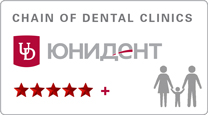100 Percent Reliability
Text: Artur Toporkov
Photo: Yevgeniy Dugin
|
Professor Richard Grosse |
At the beginning of April in Moscow, the first in Russia
joint
Elena Baranova,
Our center will be engaged in laboratory studies that help specialized medical professionals to diagnose the condition of their patient and to detect possible medical abnormalities associated in particular with the genetics. Such key – obstetrics and gynecology,
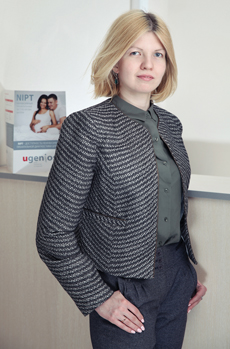 |
|
Head of the center |
— The German colleagues, including Professor Richard Grosse,
who heads one of the largest genetic laboratories in Germany, have been dealing
with these issues for more than twenty years and have gained huge experience.
And now we can use this experience in our country. In fact, together with the
creation
Quality assurance
Professor Richard Gross managed to break the vicious circle.
A graduate of Department of Chemistry of Moscow State University, who speaks
Russian perfectly and dreamt for a long time to open a medical center in the
country where he started his professional career, he became one of the main
ideologists of creation
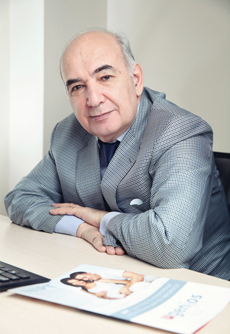 |
|
Doctor of Medical Science Rachik |
According to the general director
— For UNIDENT it is not a problem to open another medical
center. Everything is restricted only by the speed of the certification
procedure, — says Rachik Grigoryants, Doctor of Medical Science and consultant
The Candidate of chemical sciences Maxim Belenikin will head the laboratory, who is a specialist in the field of molecular genetics and bioinformatics, who attended in April a special training in the laboratory of Richard Grosse in Berlin. In the future, according to the heads of the Center, he will assist the group conducting in Russia the clinical studies of reagents required for their certification, and then to train a group of laboratory geneticists with the help of German professors and Belgian specialists.
Approximate launch date of the laboratory conducting a full
cycle of all necessary genetic studies is the beginning of the following
spring. Moreover, along with it, there is a plan to open a separate Genetic
clinical center where specialized medical specialists will work ready to
interpret the results obtained and to help their patients to understand
them.
|
|
|
In the eyes of a common person, genetic analysis still remains the science fictio |
Availability and operational efficiency
|
To send the material abroad and obtain the result takes 14 days. Opening of the laboratory in Moscow will reduce this period by half
|
Despite the fact that the need for clinical genetic studies
exists nowadays in Russia, the demand for them can not be called global. Mainly
because the companies that promise to carry out them, in fact, do it abroad,
often
Therefore, the significance of opening of the first Center of genetic research in Russia for the whole community of Russian medical professionals and their patients can hardly be overestimated. Modern diagnostic techniques turn for them from a dream into reality. Which is tangible and accessible.
— Cost of genetic studies is quite high, and under
conditions of a small market and limited offer their availability in Russia, of
course, leaves much to be desired, – says Rachik Grigoryants. – Today, one test
may cost about 35 thousand rubles on average. The possibility to perform a
complete analysis cycle on the site will allow us to lower this bar by at least
20 percent. In the future, along with the popularization of new technologies
both among medical professionals and the patients, it will be possible to talk
about further reduction of the final cost of such service.
In addition, opening of the laboratory in Moscow will allow, from the viewpoint
of a final consumer, to cut the objective terms of genetic analyzes almost by
half. Even with the present level of development of logistics it takes nowadays
about fifteen days to send the biomaterial abroad, to conduct complex tests and
obtain the data back. The timing of these studies in the Center
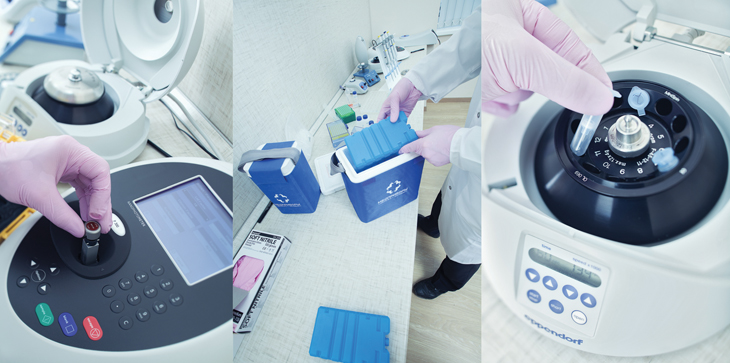 |
|
Samples of biomaterial are prepared to be sent to the German and Belgian institutions for direct studies |
Safety
The benefits in cost and time can be estimated in rubles,
hours, minutes. It is impossible to measure only one advantage that will bring
availability of new technologies to mass Russian consumer – safety. Because
human life is priceless.
A simple example. One of the specialized spheres
– In Russia, there are two million expectant mothers annually. We can not say that each of them is our potential client. But there are women who are in risk group, – explains Elena Baranova. – As a rule, it is connected either with the age of the patient, or with her history, such as cases of birth of children with pathology earlier. Today in our country, only invasive methods of testing are available for them, which are risky themselves. This is a complex procedure, sometimes leading to serious consequences. If of the uterus has been punctured during collection of material for research there is a likelihood that the side effect will be the termination of pregnancy.
The probability of this is about two percent … And now imagine a thousand of women, each of which is sent for the invasive test. According to statistics, at least half of them simply would refuse the tests. The second half would agree and, notionally, in one in five of these women, their tests will show a positive result, the rest 400 women would undergo the invasive uterine puncture procedure in vain. But the most terrible thing is that about ten women who would bear a perfectly healthy baby would lose it simply due to imperfection of the research methodology.
– The same thousand women will undergo
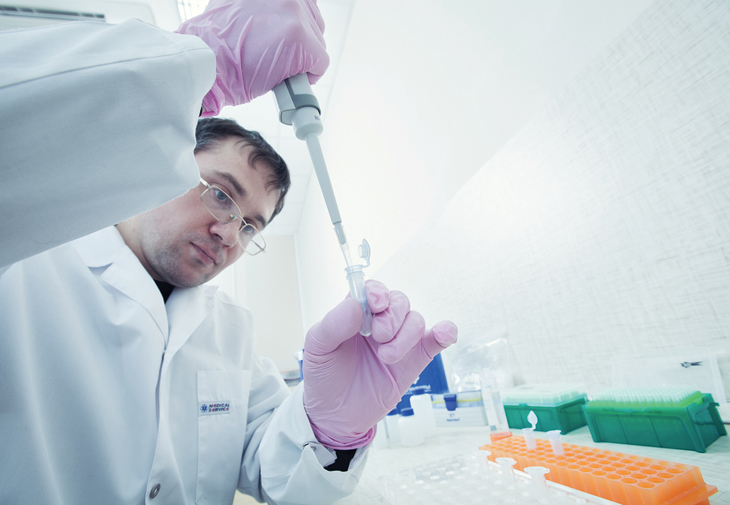 |
|
Candidate of Chemical Sciences Maxim Belenikin, a specialist in the field of molecular genetics and bioinformatics |
Back

